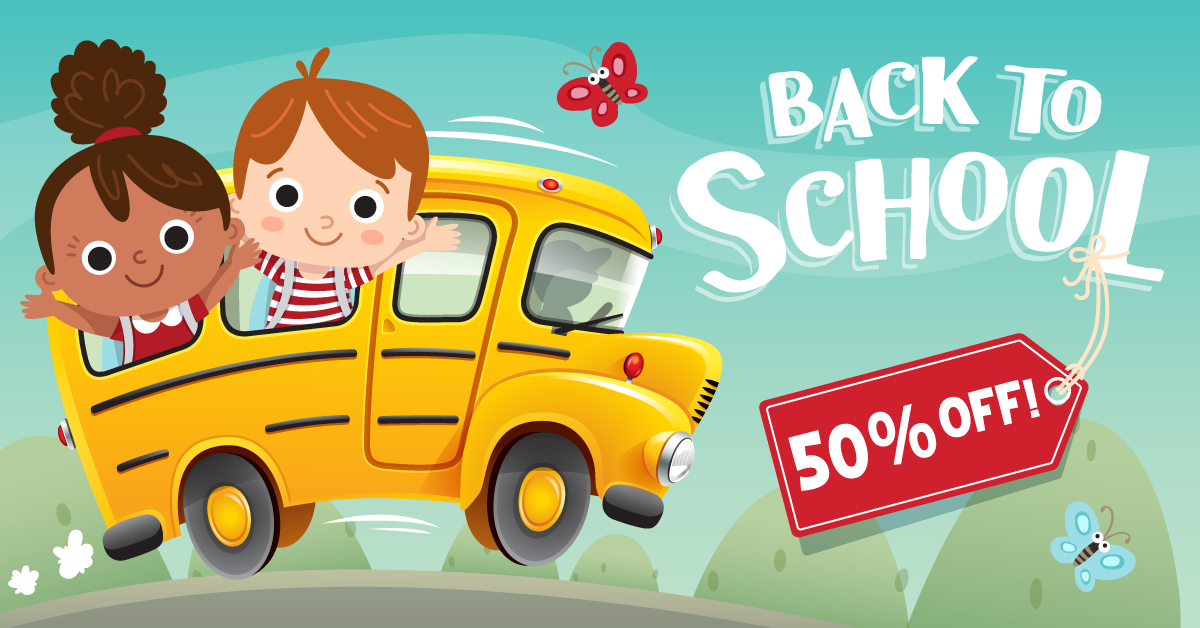Motor skills development Normal Worksheets for Ages 3-7
8 filtered results
-
From - To
Enhance your child's motor skills with our carefully designed worksheets for ages 3-7. At Kids Academy, we prioritize early development through fun and engaging activities. Our printable worksheets target essential motor skills, helping children improve their hand-eye coordination, dexterity, and fine motor control. Perfect for preschoolers and early elementary students, these worksheets incorporate drawing, tracing, cutting, and more. Each activity is meticulously crafted to align with developmental milestones, ensuring your child reaches their potential. Start your child's journey to skillful mastery with our reliable resources. Visit Kids Academy today for quality learning materials!
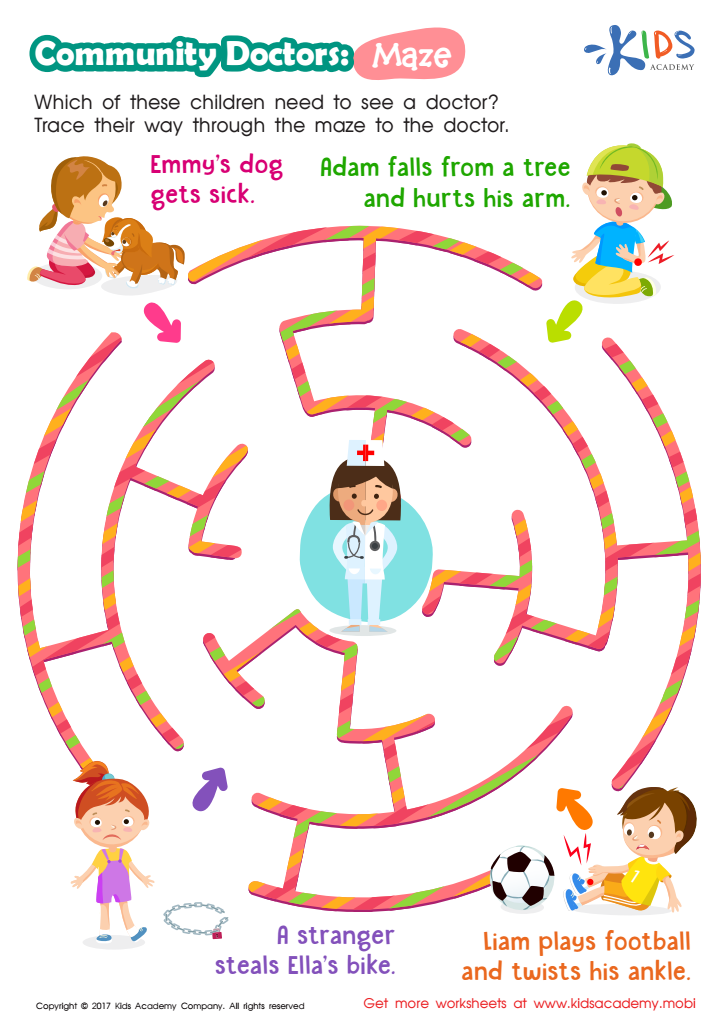

Community Doctors: Maze Printable


Letter H Tracing Page
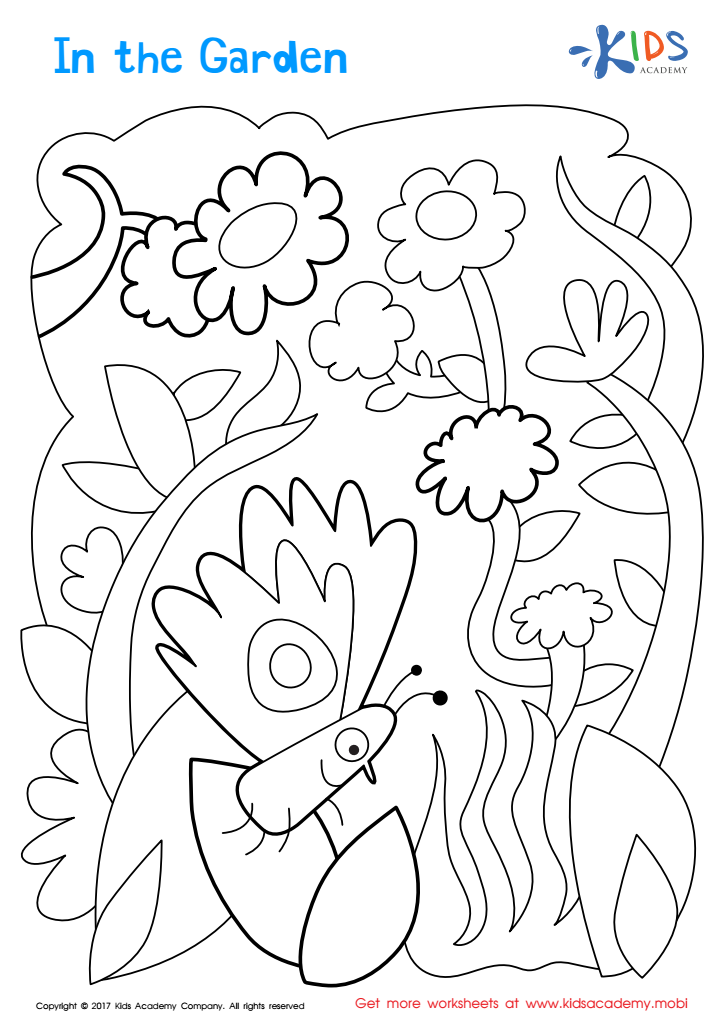

In The Garden Coloring Page
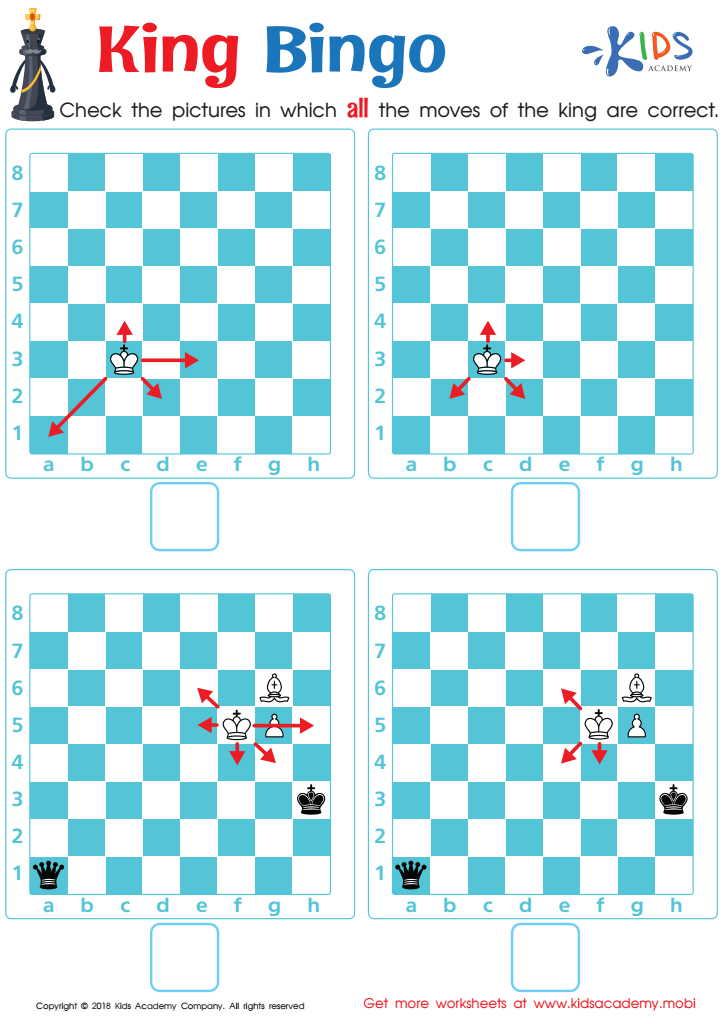

King Bingo Worksheet
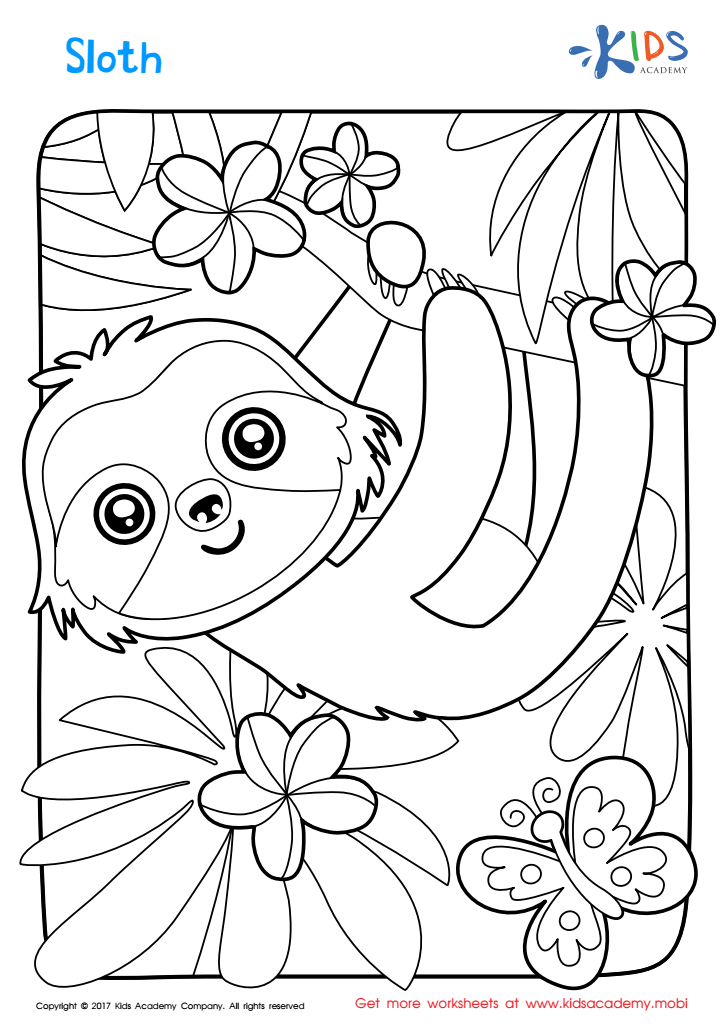

Sloth Worksheet
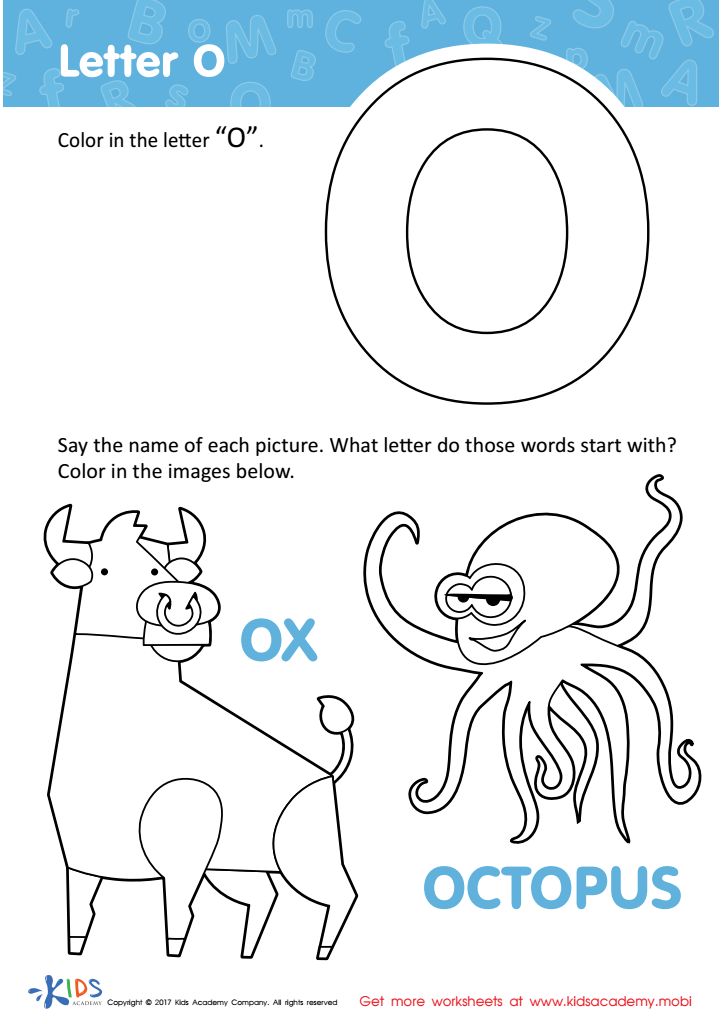

Letter O Coloring Sheet
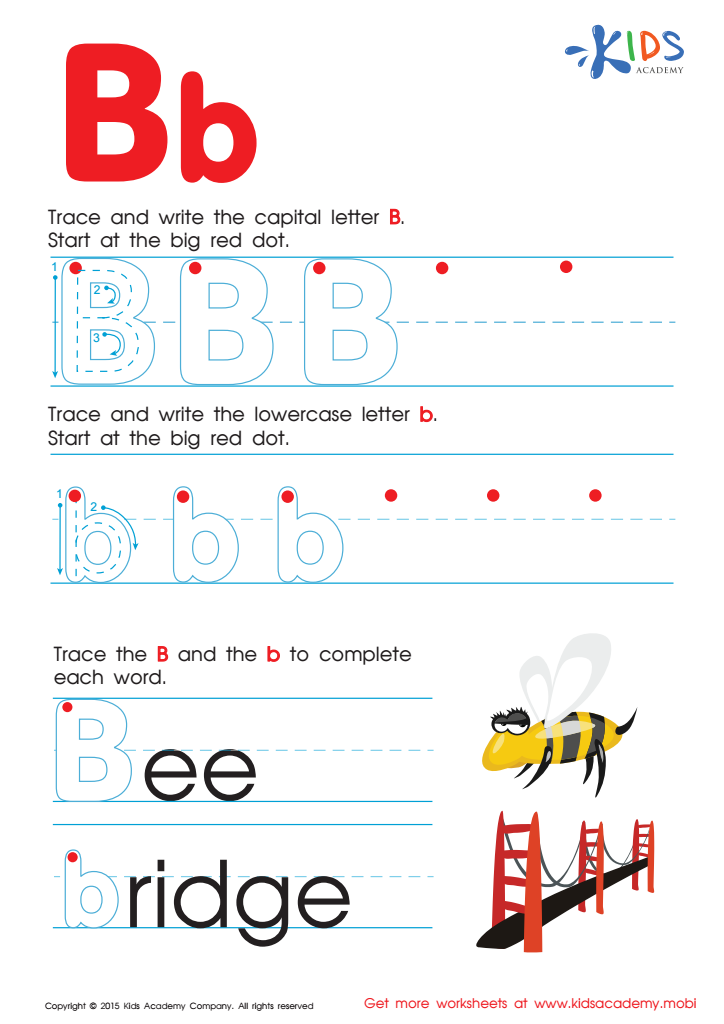

Letter B Tracing Page
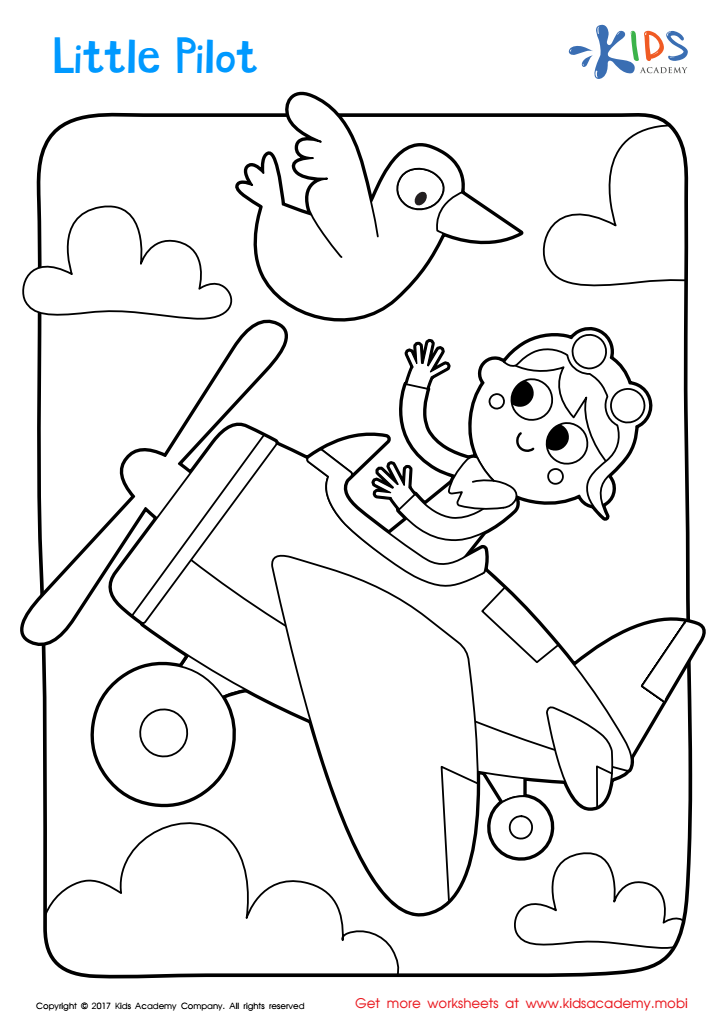

Little Pilot Coloring Page
Parents and teachers should prioritize motor skills development in children aged 3-7 because it plays a crucial role in their overall growth and future success. Motor skills are divided into fine motor skills (involving small muscle groups, such as those in the hands and fingers) and gross motor skills (involving large muscle groups, such as those in the arms and legs).
Fine motor skills are essential for tasks like writing, using scissors, and buttoning clothes. These skills pave the way for academic achievement and self-sufficiency. Without well-developed fine motor skills, children might struggle with daily tasks and fall behind in school.
Gross motor skills are crucial for larger movements like running, jumping, and climbing. Developing these skills supports physical fitness and coordination, reduces the risk of childhood injury, and boosts self-esteem through the successful participation in physical activities and sports.
Furthermore, motor skills development is closely linked with brain development. Engaging in activities that challenge motor skills stimulates neural pathways and fosters cognitive growth, particularly in areas such as spatial awareness and problem-solving.
In summary, ensuring normal motor skills development equips children with the physical ability and cognitive skills needed for everyday actions and long-term educational and social success. Promoting games, physical activities, and hands-on learning experiences creates a strong foundation for a child’s future.
 Assign to My Students
Assign to My Students



